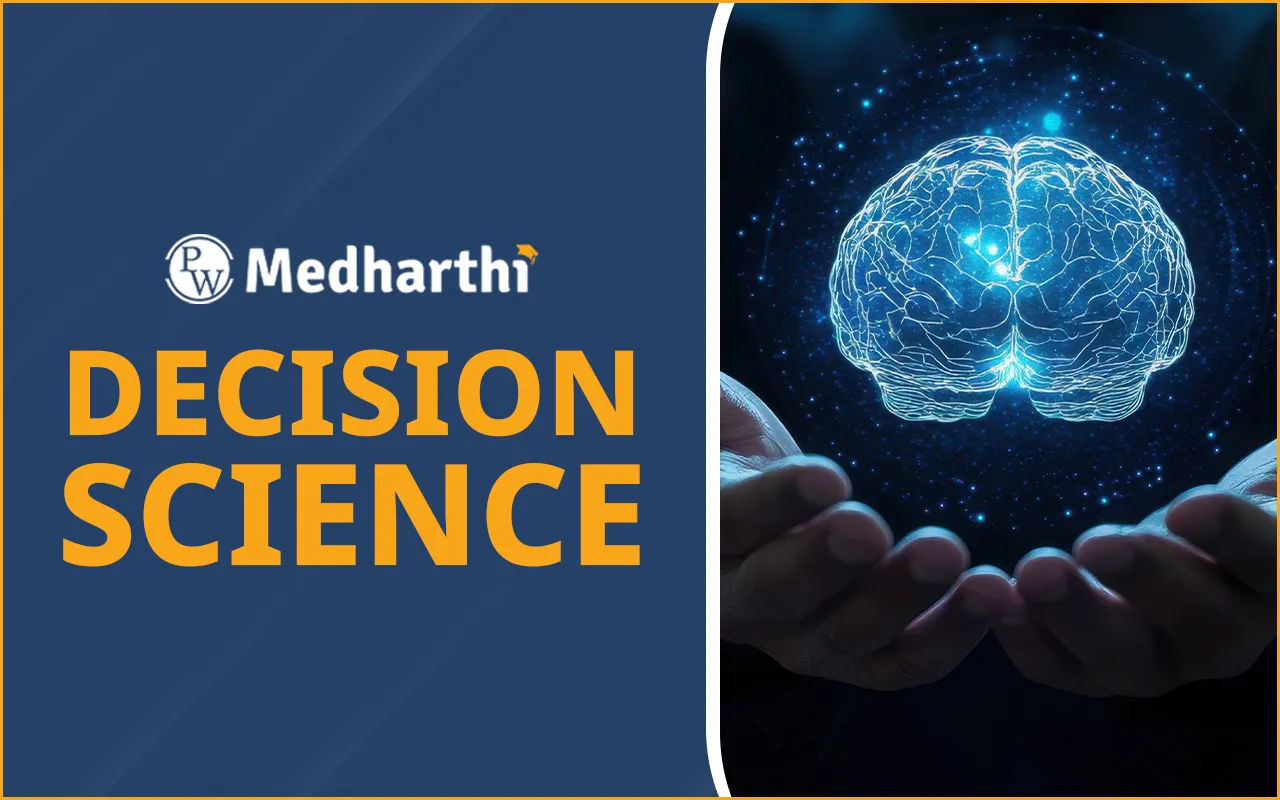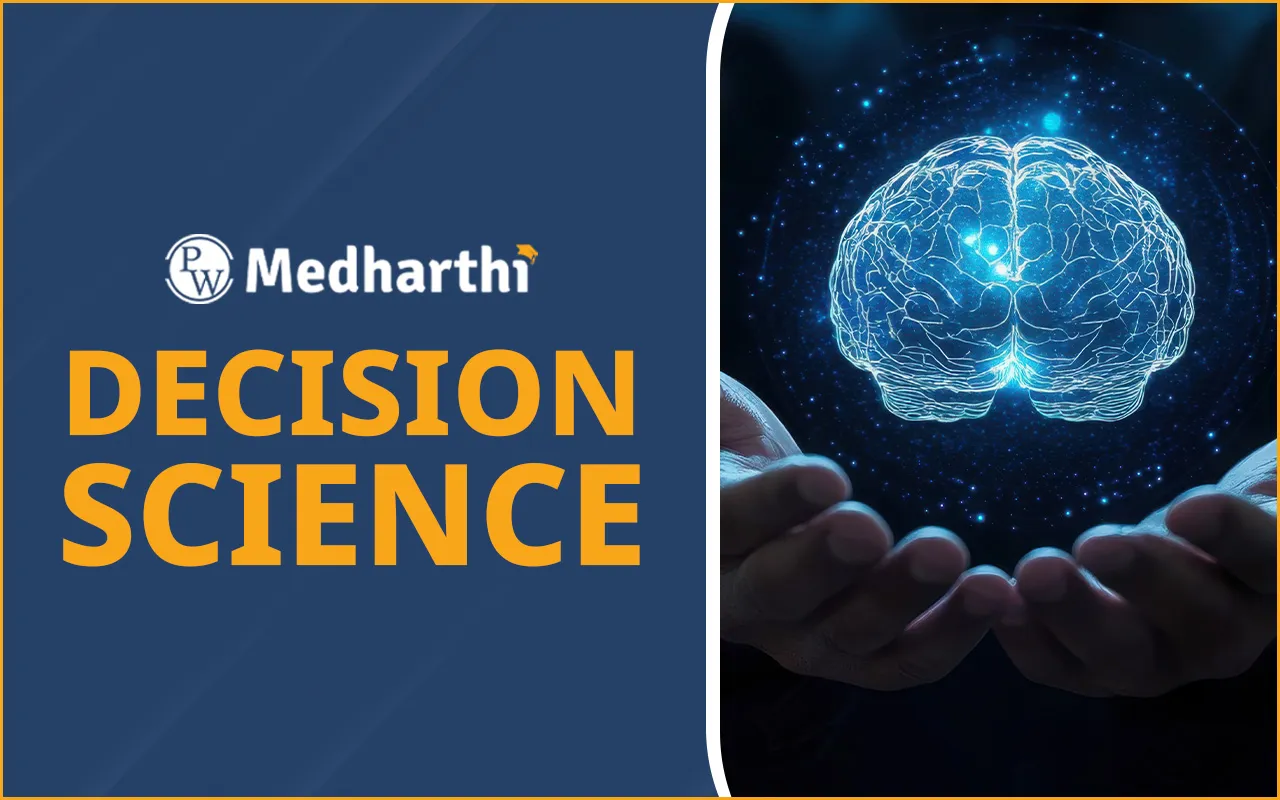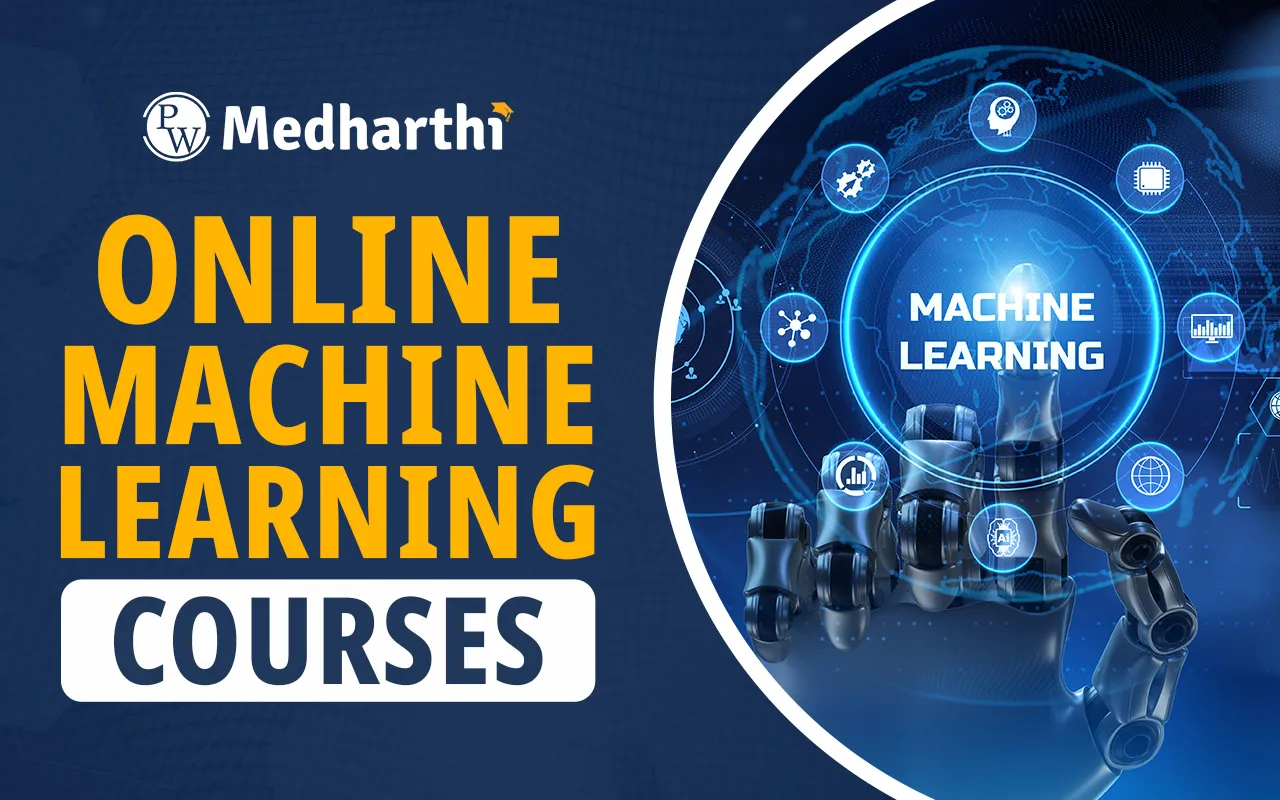

Decision science is an interdisciplinary field that focuses on the principles, methodologies, and tools used to make informed and rational decisions. Combining insights from mathematics, psychology, statistics, data science, economics, and behavioral science, decision science plays a critical role in guiding organizations and individuals toward more structured and evidence-based choices.
At its core, decision science addresses how choices are made and how they should be made under conditions of uncertainty and complexity. It is particularly relevant in areas such as business strategy, public policy, healthcare management, operations research, and financial planning.
Core Concepts in Decision Science
Decision science is grounded in several foundational concepts, each contributing to the accuracy and reliability of decision-making frameworks.
-
Rationality and Utility Theory: Rational decision-making involves selecting the option that maximizes expected utility. Utility theory provides a mathematical representation of preferences, allowing decision-makers to evaluate choices based on perceived outcomes and associated risks.
-
Decision Analysis: This includes structuring problems through decision trees, influence diagrams, and payoff matrices. It helps to visualize choices, uncertainties, and potential outcomes, making complex decisions more manageable and transparent.
-
Behavioral Decision Theory: While traditional models assume rational agents, behavioral decision theory accounts for the psychological biases and heuristics that affect real-world decision-making. Concepts such as loss aversion, overconfidence, and anchoring illustrate how human cognition can deviate from normative models.
-
Bayesian Inference: Bayesian methods allow decision-makers to update probabilities as new information becomes available. This dynamic approach is central to decision science in domains requiring continuous learning and adaptation.
-
Multi-Criteria Decision Making (MCDM): Many decisions involve balancing multiple, often conflicting, objectives. MCDM techniques help assess trade-offs and prioritize alternatives based on a set of quantitative and qualitative criteria.
-
Simulation and Optimization: Simulation models assess the impact of uncertainty on decision outcomes, while optimization techniques identify the most efficient allocation of resources to achieve desired objectives. These tools are essential components of decision science, particularly in logistics, finance, and operations.
Applications of Decision Science
Decision science is applied across diverse sectors. Its methodologies enhance strategic planning, risk management, policy development, and operational efficiency.
-
Healthcare: In clinical decision-making, treatment planning, and resource allocation, decision science supports evidence-based practices that optimize patient outcomes.
-
Finance: Risk assessment, portfolio optimization, and investment decisions rely on probabilistic modeling and utility theory.
-
Supply Chain and Operations: Forecasting, inventory management, and distribution logistics benefit from simulation and optimization models rooted in decision science.
-
Public Policy: Governments employ decision science to evaluate policy impacts, allocate budgets, and manage large-scale programs under constraints.
-
Marketing and Consumer Behavior: Businesses use decision science to understand customer preferences, segment markets, and optimize pricing strategies.
Tools and Technologies in Decision Science
Several tools and platforms are utilized to implement decision science frameworks effectively:
-
Analytical Software: R, Python, MATLAB, and SAS are frequently used for statistical modeling and data analysis.
-
Optimization Tools: Solver packages, Gurobi, and CPLEX are applied in linear and nonlinear programming.
-
Simulation Platforms: Tools like Arena and AnyLogic enable complex scenario modeling and risk assessment.
-
Decision Support Systems (DSS): These systems integrate data analytics and decision models to support managerial decisions.
Importance of Data in Decision Science
Data forms the backbone of decision science. Structured and unstructured data are analyzed to derive actionable insights. The integration of big data with decision science enables more accurate forecasting, real-time decision-making, and adaptive strategies. However, data quality, relevance, and ethical use remain critical considerations.
Ethical Considerations in Decision Science
Ethics in decision science involves ensuring fairness, transparency, and accountability in automated and human-in-the-loop decision systems. Algorithms must be interpretable, and decisions should avoid unintended consequences, particularly in high-stakes sectors like criminal justice, healthcare, and social welfare.
Decision Science in Strategic Leadership
Leadership today requires more than intuition and experience. Decision science equips leaders with tools to assess uncertainty, weigh trade-offs, and align decisions with long-term goals. Strategic decision-making, scenario planning, and risk mitigation strategies all benefit from a structured approach grounded in this field.
Challenges and Limitations of Decision Science
Despite its strengths, decision science faces certain limitations:
-
Data Limitations: Incomplete or biased data can lead to flawed outcomes.
-
Model Complexity: Overly complex models can be difficult to interpret and implement.
-
Human Resistance: Organizational culture may resist data-driven decisions in favor of tradition or intuition.
-
Ethical Ambiguities: The use of algorithms in sensitive areas may raise questions about bias and accountability.
Decision Science FAQs
What is decision science?
How is decision science different from data science?
Where is decision science used?
What tools are used in decision science?
Why is decision science important?













